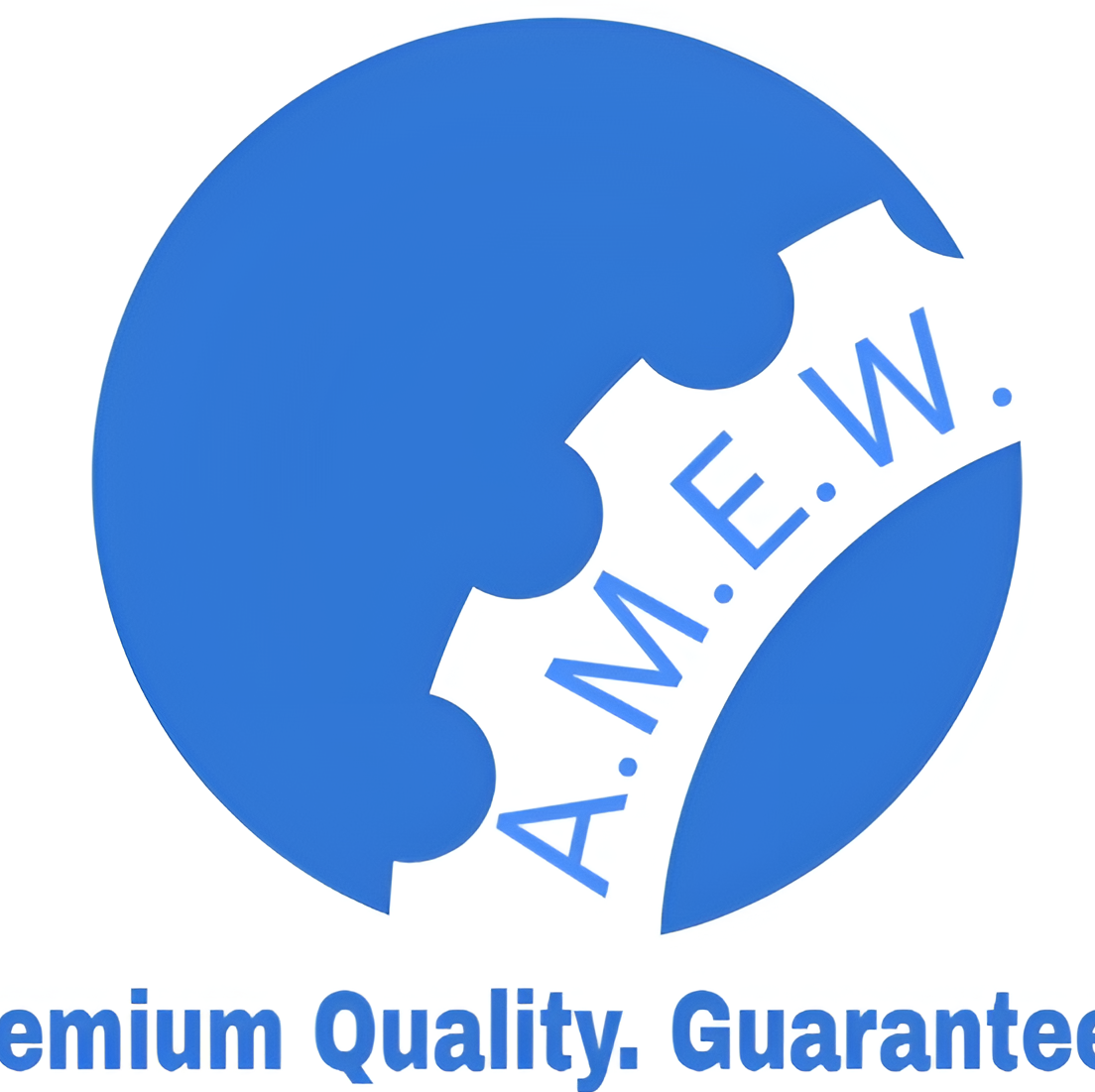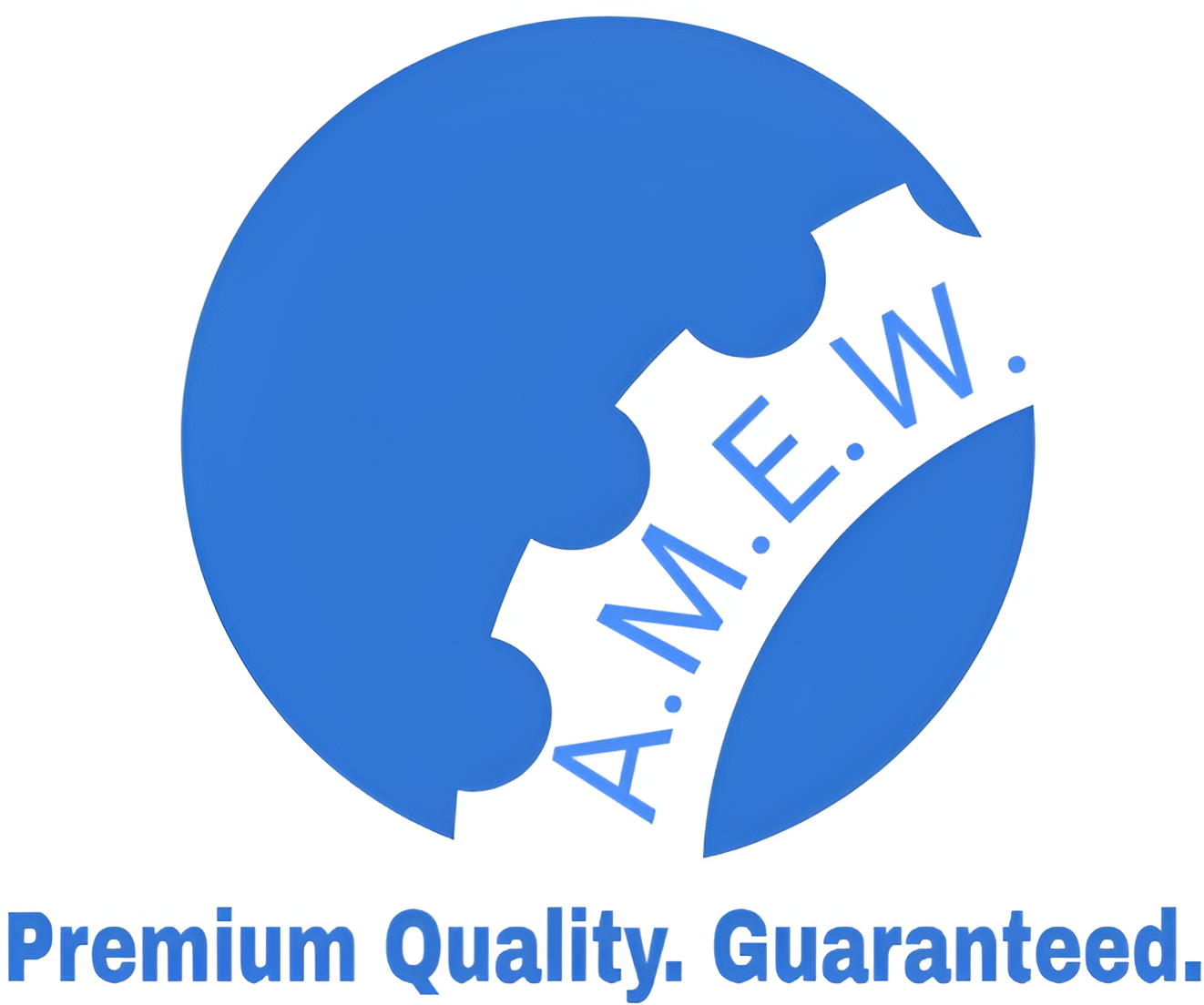The Ultimate Guide to FBE Coated Pipes for Modern Infrastructure
Pipelines are essential to industries ranging from water supply to oil and gas. These critical lifelines must endure harsh conditions and remain functional over decades. Enter FBE-coated pipes. FBE (Fusion Bond Epoxy) coating technology has revolutionized the pipeline industry by offering unparalleled protection against corrosion and mechanical damage.
This guide will explore the advantages of FBE coatings, their applications, how they compare to other coating methods, and their role in promoting sustainability. By the end, you’ll understand why these coated pipes are vital to modern infrastructure.
What Are FBE Coated Pipes?
FBE-coated pipes are steel pipes coated with Fusion Bond Epoxy, a thermosetting powder coating applied in a controlled environment. Developed primarily to combat premature pipeline deterioration, the FBE coating process involves heating the pipe’s surface and applying the epoxy powder, which bonds chemically to form a continuous, protective layer.
This seamless coating provides superior adhesion and acts as a barrier against corrosive materials, heat, and mechanical damage, making it a go-to solution for industries that require sturdy pipelines.
The Advantages of FBE Coating
The popularity of FBE-coated pipes is not without reason. They come with multiple advantages that make them an industry favorite. Here are the key benefits:
1. Unmatched Corrosion Resistance
Corrosion is one of the primary concerns in industries reliant on pipelines, especially in harsh environments like subsea operations. FBE coatings protect the pipes from rust and corrosion caused by prolonged exposure to water, chemicals, and extreme temperatures.
2. Durability and Longevity
Unlike traditional coatings that can crack or erode over time, FBE provides long-term durability. The bond between the epoxy and the pipe surface ensures mechanical strength and prevents damage from wear and tear.
3. Low Maintenance Costs
Pipes with FBE coatings require significantly less maintenance because the durable layer prevents consistent exposure to corrosive environments. This leads to substantial cost savings for industries in the long run.
4. High Flexibility
FBE coatings can withstand shifts in temperature, pressure, and stress without cracking. This makes them highly suitable for various industries with fluctuating operational conditions.
5. Environmentally Safe
Fusion Bond Epoxy coatings are free from toxic solvents and emit minimal volatile organic compounds (VOCs) during application, making them an environmentally friendly choice (more on this later).
6. Application Versatility
Whether it’s water pipelines, gas lines, or transportation of industrial liquids, FBE coatings can be customized to suit a variety of operational needs.
Applications of FBE Coated Pipes Across Industries
Given their versatility and strength, FBE-coated pipes are used across a diverse array of industries. Here are some of their most common applications:
1. Oil and Gas
The oil and gas industry extensively relies on FBE-coated pipes for transporting petroleum, natural gas, and other petrochemicals. Corrosion resistance is crucial in this sector, where pipelines often traverse harsh environments like offshore and desert areas.
2. Water and Wastewater Infrastructure
Potable water pipelines and wastewater systems benefit from the anti-corrosive and non-toxic properties of FBE coatings. The coating ensures clean water transportation and minimizes downtime linked to leaks and rust.
3. Industrial Applications
Pipelines carrying chemicals, abrasive materials, or steam depend on FBE-coated pipes to maintain integrity and withstand high pressures or temperatures.
4. Urban Infrastructure
Buried pipelines used for municipal water supply, gas distribution, and sewage systems are often FBE-coated to extend their operational life while reducing maintenance requirements.
5. Subsea Pipelines
FBE coatings are especially useful underwater due to their superior resistance to sea salt, temperature variations, and mechanical damage.
How Does FBE Coating Compare to Other Coating Methods?
FBE coating is not the only method for protecting pipes, but it stands out against traditional coatings in many ways. Here’s a quick comparison:
|
Coating Method |
Corrosion Resistance |
Durability |
Environmental Impact |
Application Complexity |
|---|---|---|---|---|
|
Fusion Bond Epoxy (FBE) |
Excellent |
High |
Low |
Moderate |
|
Paint Coatings |
Moderate |
Low |
High |
Simple |
|
Coal Tar Enamel |
Good |
High |
High |
Complex |
|
3LPP/3LPE Coating |
Excellent |
Very high |
Moderate |
High |
While 3LPE (three-layer polyethylene) coating offers premium durability and corrosion resistance, it is significantly more expensive and complex to apply. Paint coatings are cost-effective but offer limited protection, especially in harsh environments. FBE strikes the right balance between performance, cost, and environmental safety.
Environmental Considerations and Sustainability
FBE-coated pipes are not only cost-effective and durable but also environmentally responsible. Here’s how they contribute to sustainability:
- Toxic-Free Application
Unlike other coatings, FBE does not rely on harmful solvents or heavy metals. Its minimal VOC emissions ensure a cleaner application process.
- Extended Service Life
By preventing rust and mechanical damage, FBE coatings significantly extend the lifespan of pipelines. This reduces the need for frequent replacements, lowering the environmental impact tied to material usage and waste.
- Recyclability
Steel pipes with FBE coating are recyclable after use, ensuring minimal waste in industries such as construction and infrastructure.
- Energy-Efficient Transportation
Smooth, corrosion-free interiors of FBE-coated pipes reduce friction, optimizing the energy required to transport materials.
The Future of FBE Coated Pipes in Infrastructure
Fusion Bond Epoxy coatings are key players in modern pipelines and infrastructure. They represent an optimal balance of durability, environmental responsibility, and cost-efficiency.
With innovation advancing in the field of anti-corrosion technology, FBE coatings are expected to integrate further with smart monitoring systems, enabling real-time status updates on pipeline integrity. Additionally, as industries grow increasingly environmentally conscious, the adoption of FBE-coated pipes is likely to surge.
Want to know more about how FBE-coated pipes can benefit your projects or infrastructure? Stay updated with the latest trends in pipeline technology by subscribing to our newsletter today!

